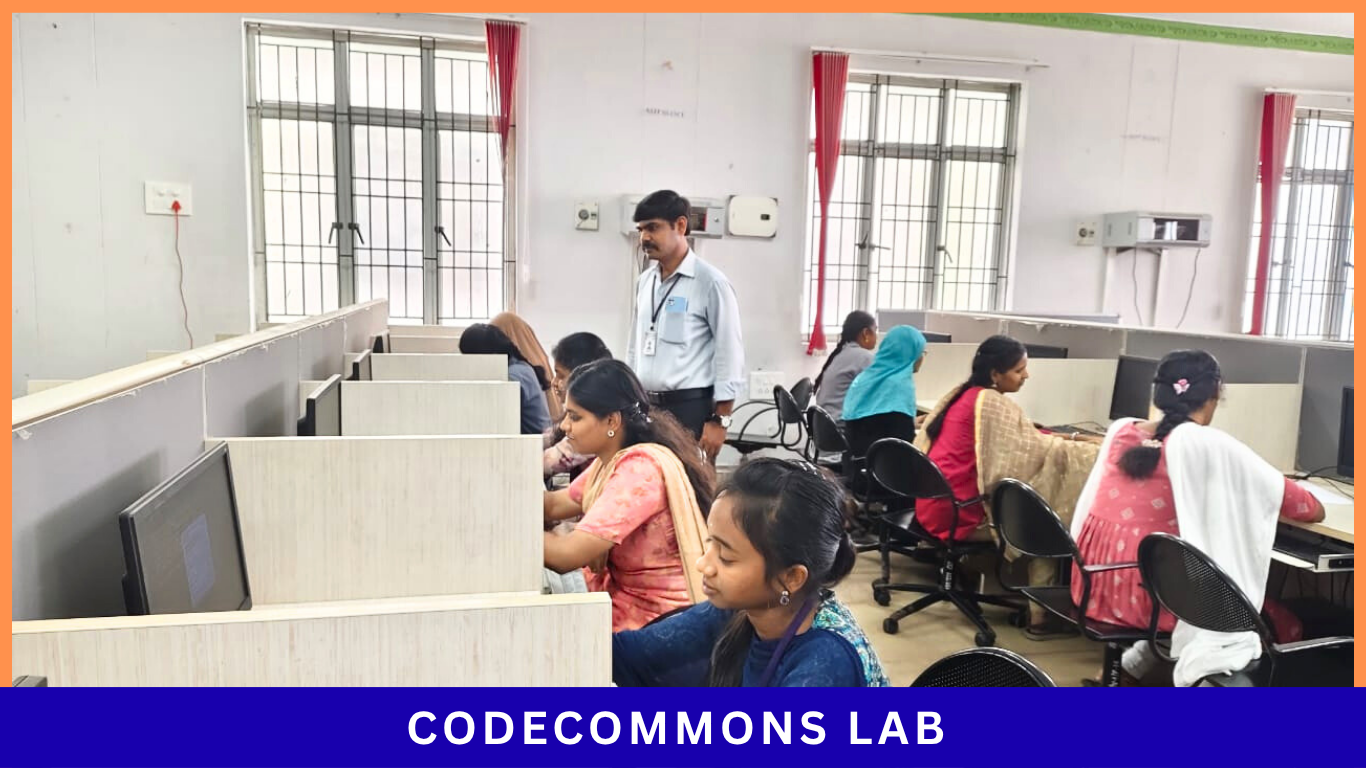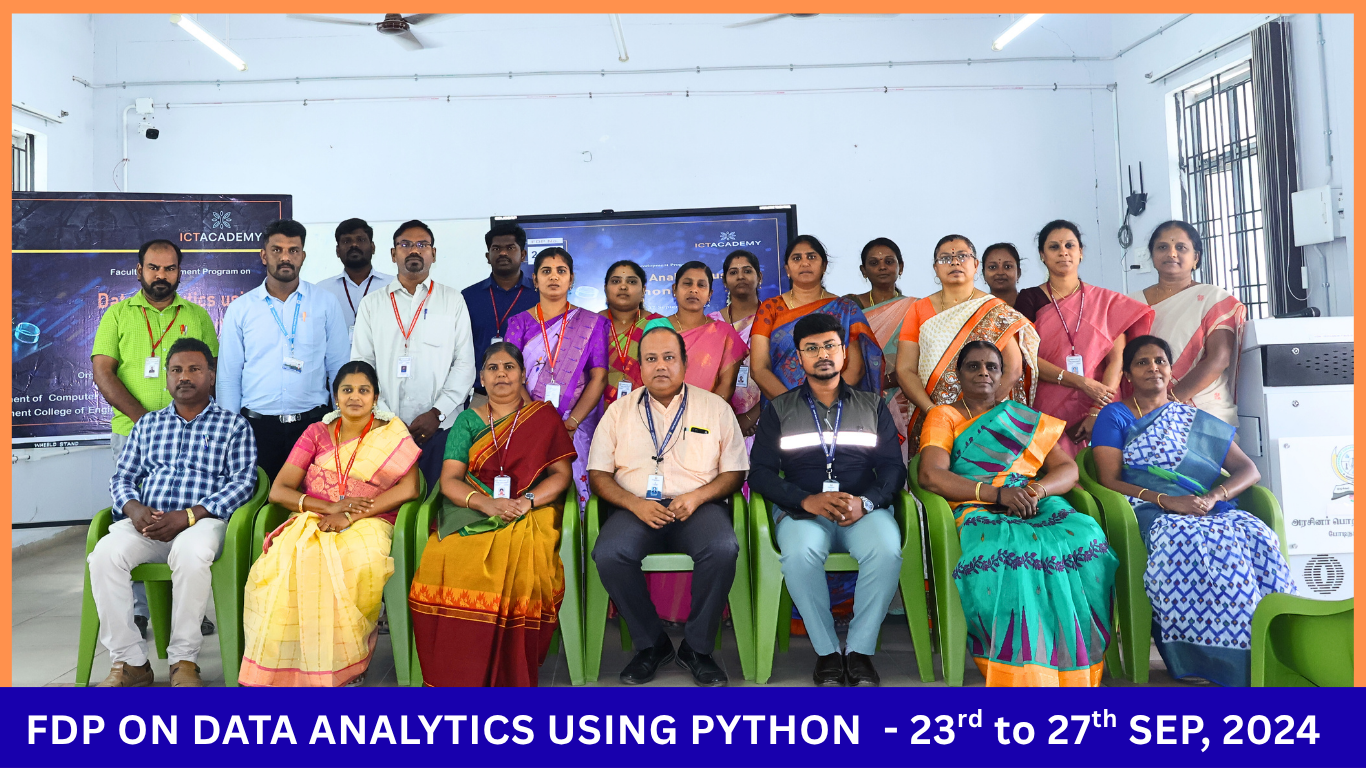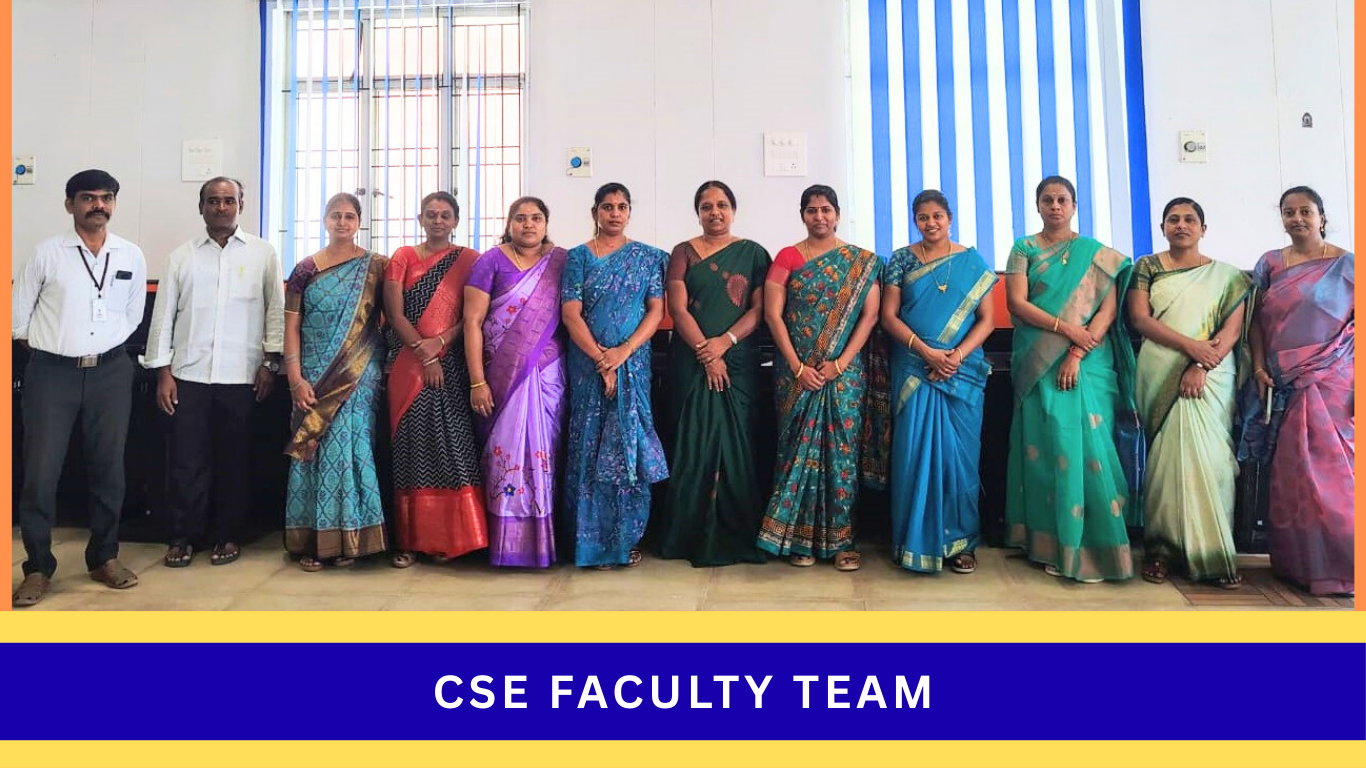Core Curriculum & Semester wise Syllabus
Link to R-2021: https://cac.annauniv.edu/aidetails/afug_2021_fu/Revised/IandC/B.E.CSE.pdf
Link to R-2025: https://cac.annauniv.edu/aidetails/afug_2025_fu/CSIE/BE%20CSE.pdf
Foundation (1st Year – Semesters 1 & 2)
• Engineering Math I & II (Calculus, Linear Algebra, Differential Equations)
• Engineering Sciences (Physics, Chemistry, Basic Electrical/Electronic Engineering, Workshop/Graphics)
• Introductory Programming & Communication Skills (C, Python, problem-solving; soft skills)
Core Discipline (2nd & 3rd Year – Semesters 3 to 6)
• Data Structures & Algorithms, Discrete Mathematics, Digital Logic & Computer Architecture, OOP & System Programming, Operating Systems, DBMS, Computer Networks, Compiler Design, Theory of Computation, Software Engineering.
Advanced Topics & Electives (4th Year – Semesters 7 & 8)
• Electives: AI/ML, Cyber security, Cloud Computing, IoT, Blockchain, Data Science, Computer Vision, Big Data, etc.
• Project Work: Typically a two-phase final-year project, internship, capstone design.
Curriculum Structure & Credits
• Typical credit distribution:
o Maths & Basic Sciences: ~20 credits
o Core Engineering: ~22–57 credits
o Professional electives: ~18 credits
o Open electives: ~12 credits
o Project/internships: ~12 credits
o Humanities & Environment: ~18 credits
• CBCS (Choice-Based Credit System) enables flexibility with core, elective, and mandatory audit courses.
Recent Curriculum Trends
• Flexibility: Introduction of minors, honors, dual-degree, integrated B.Tech/M.Tech pathways. (e.g., IIT Delhi’s new flex curriculum)
• Industry Integration: Internship semesters of 6+ months; syllabi co-developed with experts. (e.g., AKTU, APS CHE)
• Emerging Tech Focus: Inclusion of AI, ML, quantum computing, cyber security, sustainable systems from early semesters.











